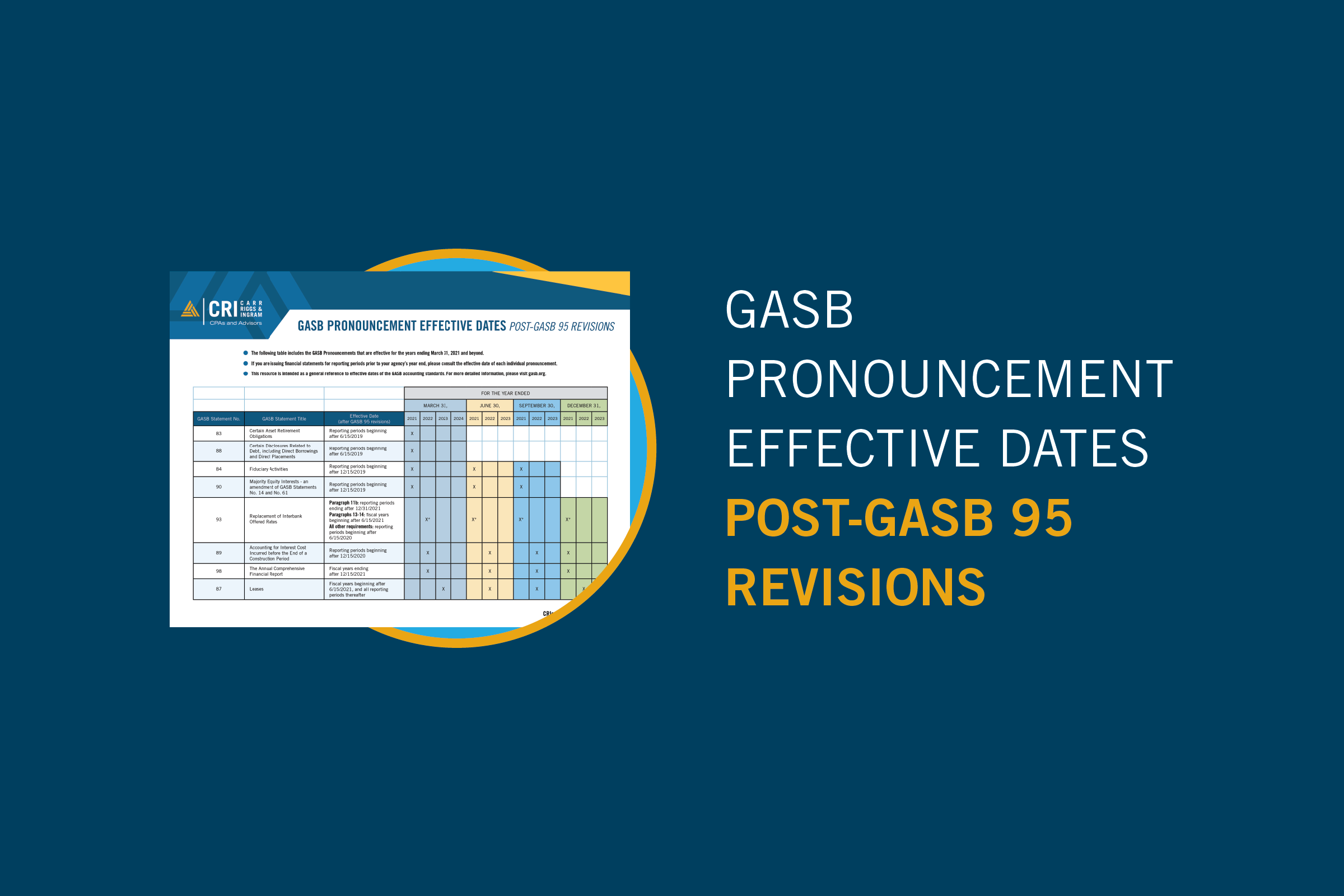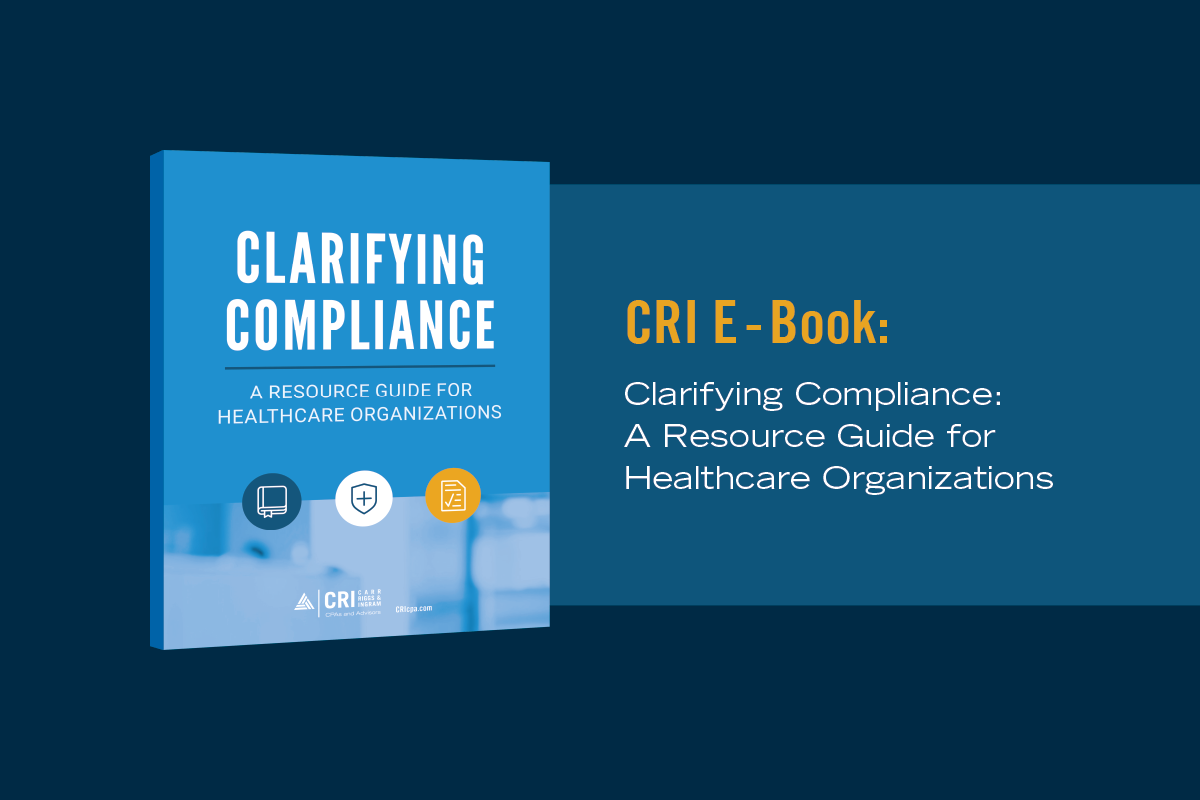IRS Proposed Regulations on Micro-Captive Transactions
- Contributor
- Robert Miller

The Internal Revenue Service (IRS) and the U.S. Treasury Department have recently proposed regulations that cast a new light on micro-captive insurance transactions, marking a significant shift in the tax landscape. These regulations come in response to recent court decisions, such as Mann Construction v. United States and CIC Services, LLC v. IRS, which declared Notice 2016-66 regarding micro-captive insurance transactions invalid.
The proposed changes, detailed in sections 1.6011-10 and 1.6011-11, seek to redefine these transactions and establish them as either listed transactions or transactions of interest. The IRS has indicated that it will not enforce the disclosure requirements or penalties dependent upon Notice 2016-66’s procedural validity, and these proposed regulations obsolete Notice 2016-66 (as modified by Notice 2017-08).
Historically, micro captives have been intensely scrutinized due to their classification as’ transactions of interest’. The IRS views a ‘transaction of interest’ as any transaction similar to other transactions that have previously involved elements of tax avoidance. This classification has required anyone involved in the transaction – the insurance company, the insured, and even the owners – to make necessary disclosures on form 8886 with their tax returns.
The proposed rules aim to ease this burden, restricting the need for form 8886 only to the insurance company and the insured. However, while this measure reduces the reporting requirements for the owners, it simultaneously upscales the classification of many micro captives to ‘listed transactions’ (defined as one that is the same as, or substantially similar to, a transaction that it identifies as a tax avoidance transaction), resulting in the presumption that the upscaled classification contains some element of tax avoidance.
Additionally, under Notice 2016-66, a company owning the insurance company had to be at least 20% related to the captive to be classified as such. However, the proposed regulations have broadened this definition to cover derivatives and interests in captive assets, preventing entities from skirting the rules by issuing different instruments representing rights to the captive’s assets without holding voting power or equity interests.
Changes have also been made to the financing factor. Earlier, transactions where the financing factor was met based on a computation period of the captive’s most recent five taxable years, were identified as transactions of interest. The proposed regulations have now classified these transactions as listed transactions.
Furthermore, the proposed regulations have adjusted the loss ratio factor and computation period. Transactions where the loss ratio factor is less than 70% over the most recent five taxable years were identified as transactions of interest under Notice 2016-66. However, the proposed regulations now list transactions where the loss ratio factor is less than 65% over the most recent ten taxable years as listed transactions.
The IRS has also established a safe harbor disclosure requirement for owners, relieving those with a direct or indirect ownership interest in an insured entity from filing a disclosure statement, provided they receive written or electronic acknowledgment of the insured entity’s compliance with its separate disclosure obligation.
As things stand, these proposed regulations are still under consideration, with a public hearing scheduled for July 19, 2023. Following a 60-day public comment period, the IRS is expected to finalize the regulations later this year. Still, there is much uncertainty in how these proposed changes will ultimately take shape and their implications, as any changes could include a ‘look-back’ provision and require amendments to previous filings.
In this changing landscape, staying informed and prepared for the potential implications on your business operations is vital. Contact your CRI tax advisor with any questions you may have. Our team is equipped to provide accurate and timely information for all of your business decisions.
















































































































































































































































































































































































































































































































































































Subscribe to our e-communications to receive the latest accounting and advisory news and updates impacting you and your business.